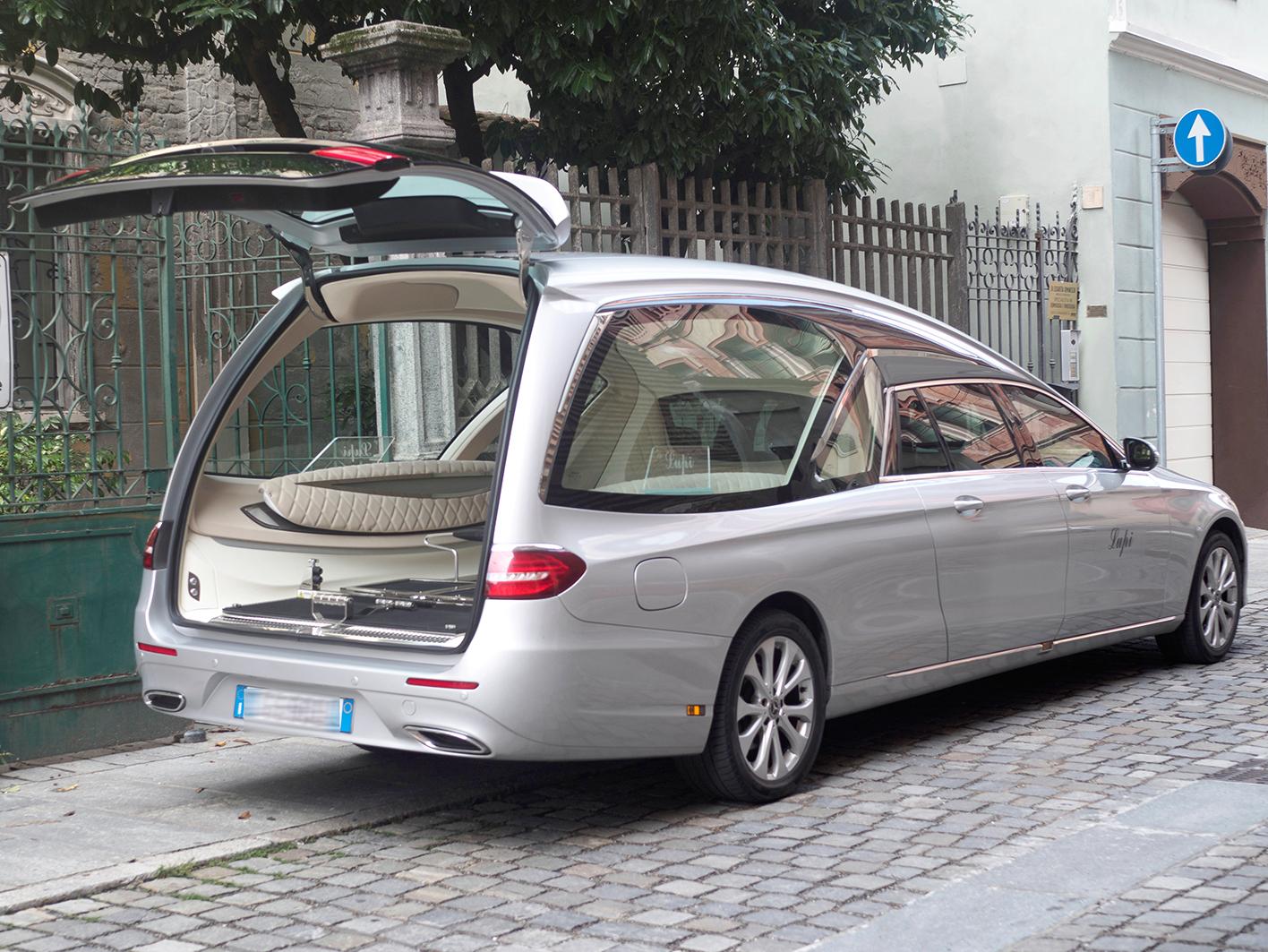Letters to the editor - November 10, 2024
Today's letters by Times of Malta readers

Undertakers’ licence anomaly
I am one of the 14 licensed undertakers in Malta and Gozo, fully equipped to provide a funeral service using my own resources, including a fleet of fully registered hearses and accompanying vehicles.
To be precise, there are currently 32 hearses owned by the 14 licensees. However, in all, there are 55 licensed undertakers offering their services to the public. The licence does not distinguish between the 14 and the rest. In practice, the 41 licensed undertakers (who do not own a hearse) rely completely on the other 14 to provide their services. They simply act as intermediaries between the client and the hearse owner.
So why is there no distinction between the fully equipped licensees and the rest? Why do we all have the same licence to act as undertakers when there is a clear distinction between one group and another?
 There are currently 32 hearses owned by14 licensees. FILE PHOTO: columbo.photog/Shutterstock.com
There are currently 32 hearses owned by14 licensees. FILE PHOTO: columbo.photog/Shutterstock.comThis situation is reminiscent of the pre-2006 marker, when there was a restriction on the number of hearses that could be registered in Malta. At the time, the authorities could not impose the condition of owning a hearse on a licensee since the hearse market was restricted by the government itself.
But when the restrictions were removed, the licence requirements were not updated. So, we ended up with a distorted market when only one of every four funeral organisers are properly equipped to offer a full service.
It is high time the authorities address this anomaly so the public is aware of the organiser’s capability to deliver the services directly rather than relying on others.
The licences held by the 14 fully equipped organisers should reflect our substantial investment. If need be, separate licences should be issued and we should not remain classified altogether in the same category.
KARMENU MIFSUD – Qormi
Shortsighted politics
Our leaders and policymakers need to think about both the short and long term at the same time.
Nowhere is government short-termism more prevalent than in the education system. Policies from both sides of the house of representatives have been applied to a system that, as a result, has become worse than it has ever been.
All of our schools need to provide a first-class education and they do not today. If we want opportunities for everyone, regardless of socio-economic class, race or where they live, we need an education system that gives all children the foundation they need to be successful.
If we consider the national debt, we are spending at a rate that is creating a deficit climbing to levels not seen since quite a long time ago. The money that is being put into circulation today will haunt future generations. The long-term problem of our debt is not being addressed.
Pension promises are another good example of short-termism. The Maltese government has a heavy burden of pension liabilities. Until recently, generous government pension promises have been based on the assumption that the economy, and, with it, the income from taxes, would grow enough in the future to cover the costs. But this cannot last long, according to long-term projections.
Our government is fundamentally set up to promote short-termism. Our political divisiveness has exacerbated this issue to the detriment of the Maltese people. Without leaders willing to put politics aside, seek and implement long-term solutions focused solely on serving the long-term health and well-being of the Maltese public we will perpetually be stuck in a cycle of short-termism that will continue to present challenges that Malta will struggle to overcome.
Unfortunately, there appears to be far too much evidence of politicians only looking ahead as far as the next election rather than thinking about the next generation. The mood needs to change, and the need to factor intergenerational concerns into policymaking must become increasingly accepted.
MARK SAID – Msida